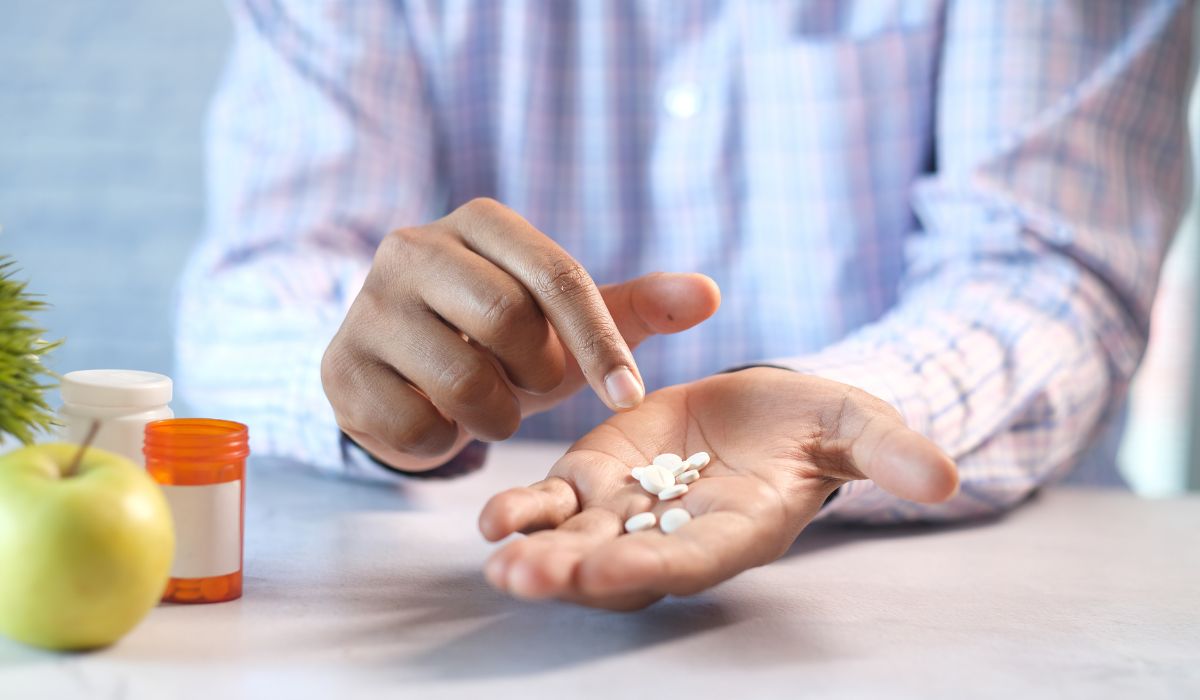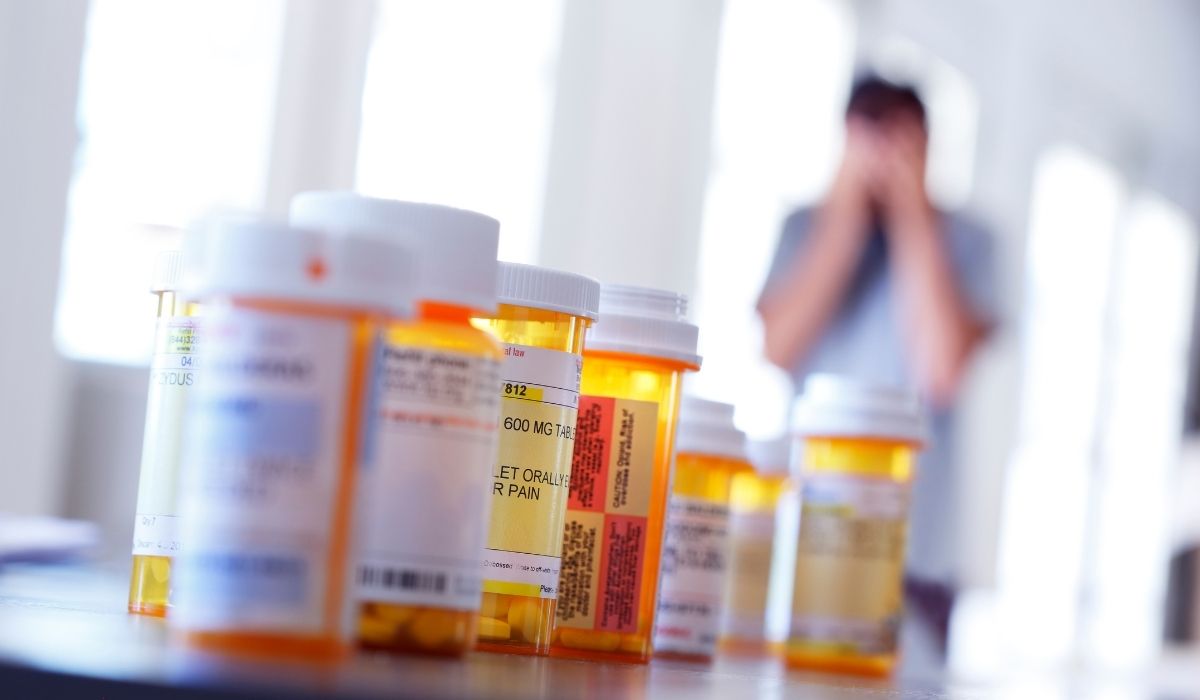When someone struggles with drug addiction or substance abuse, one of the first steps toward recovery is detoxification. But many people wonder — does drug detox really work? The answer is yes, drug detox works, but its efficacy depends on many factors like the type of drug used, mental health, and medical care.
This guide explains how drug detoxification helps the body remove toxins, what to expect during detox, and why professional help makes a big difference.

What Is Drug Detox?
Drug detox, also called detoxification, is the process of clearing substances like alcohol, opioids, methamphetamine, or benzodiazepines from the body. The goal is to safely manage withdrawal symptoms and prepare for ongoing therapy or rehab.
During detox, the liver, kidneys, and other organs work to remove toxins from the blood and urine. This is a natural process, but medical supervision helps prevent health risks such as dehydration, hypertension, or psychosis.
How Does Drug Detox Work?
When drugs or alcohol enter the body, they create changes in the brain’s chemistry. Over time, the brain becomes dependent on these substances to function normally. Detox helps reset this balance by removing drugs, toxins, and their byproducts.
1. Assessment and Testing
Before detox begins, a health professional or mental health professional evaluates the patient’s medical history. This may include a drug test to check for substances such as opioids, tetrahydrocannabinol (THC), or benzodiazepines.
2. Stabilization
Once detox begins, doctors monitor vital signs like blood pressure, heart rate, and temperature. They may use medication to manage symptoms such as nausea, insomnia, or headaches.
3. Transition to Treatment
After detox, patients enter a treatment center or outpatient rehab program. This step includes therapy, nutrition, exercise, and mental health care to support sobriety and prevent relapse.
The Role of Medical Detox
Medical detox means that doctors, nurses, and therapists help manage withdrawal safely. It’s especially important for substances like alcohol, opioids, and benzodiazepines, which can cause dangerous withdrawal symptoms.
In a medical detox, medications may be given to reduce anxiety, control blood pressure, and prevent vomiting or dehydration. Patients are monitored 24/7 by trained professionals, which lowers the risk of serious side effects.
Does Drug Detox Work for Everyone?
The efficacy of drug detox depends on several factors, including:
-
Type of substance used: Detoxing from methamphetamine is different from detoxing from alcohol or opioids.
-
Length of use: Long-term substance abuse may require extended detox.
-
Mental health: People with dual diagnosis (mental health and addiction) often need extra care.
-
Support system: Having a strong network of family, friends, or professionals improves outcomes.
Detox is not a cure, but it’s the first step in recovery. After detox, continued treatment through therapy, rehab, and healthy behavior changes are needed to stay sober.
Common Types of Drug Detox
1. Medical Detox
Supervised by doctors and nurses, this method ensures safety during withdrawal. It’s best for severe addictions or high-risk cases.
2. Rapid Detox
This method uses anesthesia and medication to speed up withdrawal. While it may seem appealing, it can be risky without proper medical care.
3. Outpatient Detox
Patients visit a treatment center during the day and return home at night. It’s more flexible but only suitable for mild cases.
4. Day Detox Programs
Short-term programs that help manage early withdrawal symptoms. Often used for alcohol or mild opioid dependence.
5. At-Home Detox Kits
Drug detox kits or “cleanses” promise fast results. However, they are often unsafe and rarely effective. Without health care supervision, detox kits can cause dehydration, nausea, and even relapse.
What Happens to the Body During Detox?
As the body removes toxins, it reacts in many ways. These symptoms depend on the drug and length of use.
Physical Symptoms:
-
Sweating
-
Headache
-
Nausea or vomiting
-
Insomnia
-
Shaking
-
Increased heart rate
Emotional Symptoms:
-
Anxiety
-
Depression
-
Irritability
-
Stress
-
Mood swings
These are normal signs that the body is healing. With support from health professionals, symptoms can be managed safely.
The Importance of Mental Health in Detox
Mental health plays a big role in recovery. Many people who use drugs also struggle with issues like anxiety, major depressive disorder, or psychosis. This is known as dual diagnosis.
During detox, therapy and counseling help address these underlying issues. Talking with a mental health professional supports both the mind and body during recovery.
Nutrition, Diet, and Exercise During Detox
A healthy diet and regular exercise help the body recover faster. Proper nutrition supports the liver in removing toxins and rebuilding strength.
Healthy Detox Tips:
-
Drink plenty of water to prevent dehydration
-
Eat foods rich in vitamins and minerals
-
Get light exercise to boost mood and energy
-
Avoid alcohol, sugary drinks, and processed foods
These steps strengthen the immune system and promote long-term health and sobriety.
How Long Does Drug Detox Take?
The timeline for detox varies depending on the substance and the person’s health. Generally, detox lasts between 3 to 10 days, but some symptoms can linger for weeks.
-
Alcohol detox: 3–7 days
-
Opioid detox: 5–10 days
-
Benzodiazepine detox: several weeks (with tapering)
-
Methamphetamine detox: 7–14 days
Remember: detox is just the first stage of recovery. Ongoing therapy, rehab, and support groups are needed for lasting results.
Risks of Detoxing Without Medical Help
Trying to detox alone, especially from drugs like alcohol, benzodiazepines, or opioids, can be dangerous. Sudden withdrawal may lead to seizures, hypertension, vomiting, or severe dehydration.
Without proper care, there’s also a high risk of relapse. That’s why detox should always be done under the guidance of a health professional in a treatment center or recovery village setting.
What Happens After Detox?
After completing detox, individuals can continue recovery through:
-
Inpatient rehab – 24/7 care and structured therapy
-
Outpatient rehab – flexible programs for daily life
-
Support groups – connect with others in recovery
-
Ongoing therapy – learn coping skills for stress and behavior management
Long-term recovery focuses on building healthy habits, managing mental health, and preventing relapse.
Does Drug Detox Work? The Final Answer
Yes, drug detox works — but only as part of a complete treatment plan. Detox removes toxins from the body and helps patients safely begin their journey to sobriety.
However, detox alone doesn’t fix the deeper causes of addiction. Ongoing therapy, nutrition, exercise, and mental health support are vital for lifelong recovery.
If you or someone you know is struggling with addiction, reach out to a trusted treatment center or recovery village. Professional help saves lives and leads to true healing.
Seeking Treatment? We Can Help!
We work with PPO Out of Network Health Insurance Policies
If you or a loved one are struggling with mental health challenges or substance abuse, reach out to Mountain Sky Recovery today. Our team of compassionate professionals is here to support your journey towards lasting well-being. Give us a call at 951-498-5412. Visit SAMHSA for more information.



